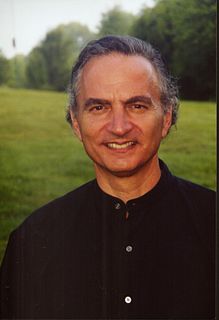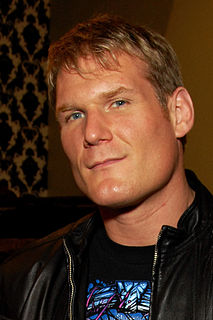A Quote by Theodore Sturgeon
Related Quotes
I'm so thankful when I have a job. I would say the worst job I ever had was the one I quit after the first night. I was an overnight restaurant janitor. And it wasn't because of the job. We had to do four restaurants in the night, overnight. But I was working with a den of thieves. I just quit the next day.
I could characterize nearly any spiritual practice as simply this: identify and quit, identify and quit, identify and quit. Identify the myriad forms of limitation and delusion we place upon ourselves, and muster the courage to quit each one. Little by little, deep inside us, the diamond shines, the eyes open, the dawn rises, we become what we already are.
When you first quit your regular job and you become a full-time writer, you are paralyzed with free time. You have so much free time. When you are at home, you have a guitar. There's a cat. You got to find ways to create an environment when writing is like going to work. Be efficient with the hours you put into the book. So I go there the same time, every day - like 7:30 am - and I leave around 2 pm, or longer, if I have a deadline.





































